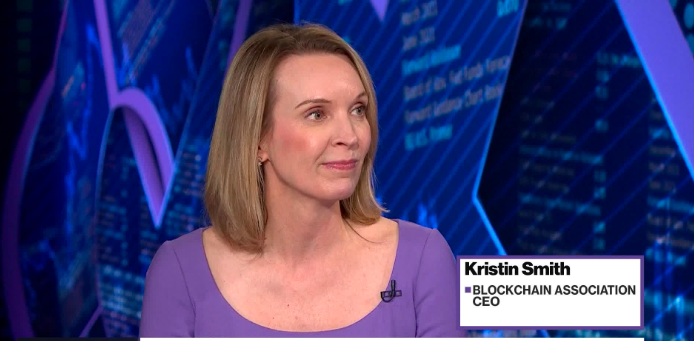The crypto industry is no stranger to volatility, and that’s no longer limited to fluctuating coin prices. Facing increasing global scrutiny and mounting regulations, crypto platforms and blockchain firms are now eyeing a new battleground for survival—political influence.
With the possibility of transforming the financial systems for years to come, industry players are increasing their attempts to sway policymakers and lawmakers. The recent increase in lobbying activities has made it evident that crypto wants to participate in politics.
Let’s consider Coinbase as a good example. According to federal disclosure filings, the U.S.-based crypto platform spent $3.39 million on lobbying in 2022 alone, a significant increase compared to previous years.
It’s not merely a single-firm frenzy; the entire crypto sector has been investing in lobbyists, policy advisors, and think tanks to shape conversations around taxes, security protocols, and the very definition of digital assets.
The Drive to Educate Lawmakers
The crypto industry claims that policymakers are largely oblivious to the finer details of blockchain technology. To fill this void, groups such as the Blockchain Association and the DeFi Education Fund are working on educating politicians and other regulatory authorities on the pros and cons of digital assets.
Blockchain Association has consistently lobbied for innovation-enabling structures and standard regulations dealing with fraud. One lingering key concern is the vagueness of the classification of digital assets.
Should these valuables be treated as securities, commodities, or whatever else? This question has severe ramifications for taxation and operational compliance. “Without a clear plan,” said Kristin Smith, Executive Director of the Blockchain Association, “the U.S. risks falling behind as a global leader in fintech innovation.”

Winning Over Public Opinion and Political Allies
Beyond lobbying directly to lawmakers, the industry recognizes the importance of public opinion. Core crypto industry participants like Binance, Ripple, and Kraken have started huge campaigns to educate the public about crypto and related projects.
They also finance projects showing blockchains’ humanitarian aspects, such as lowering remittance fees with decentralized payment systems. Developing connections with policymakers has now also become a strategic focus.
Creating the Congressional Blockchain Caucus in the U.S. signifies the growing interest of lawmakers willing to work with crypto innovators. European leaders are also taking notice as the Markets in Crypto-Assets Regulation (MiCA) aims to introduce coherent digital asset policies across the EU.
The crypto sector’s rising influence isn’t without controversy. Analysts caution that aggressive lobbying campaigns could alienate skeptical lawmakers or raise ethical concerns.
Like industries like Big Tech or pharmaceuticals, finding the balance between advocacy and undue influence will be critical for crypto entities seeking political legitimacy.
The Future of Crypto Politics
The pursuit of political authority is not just an obsession, but rather through getting the necessary clues, the political strategy of the crypto industry is evolving as far is achieving relevant political power is concerned.
The adoption of blockchain technology comes with defined risks, which calls for a combination of libertarian and ethical policies. For more on legislative developments and crypto’s next significant steps, CoinDesk provides in-depth insights and news on blockchain advocacy.





